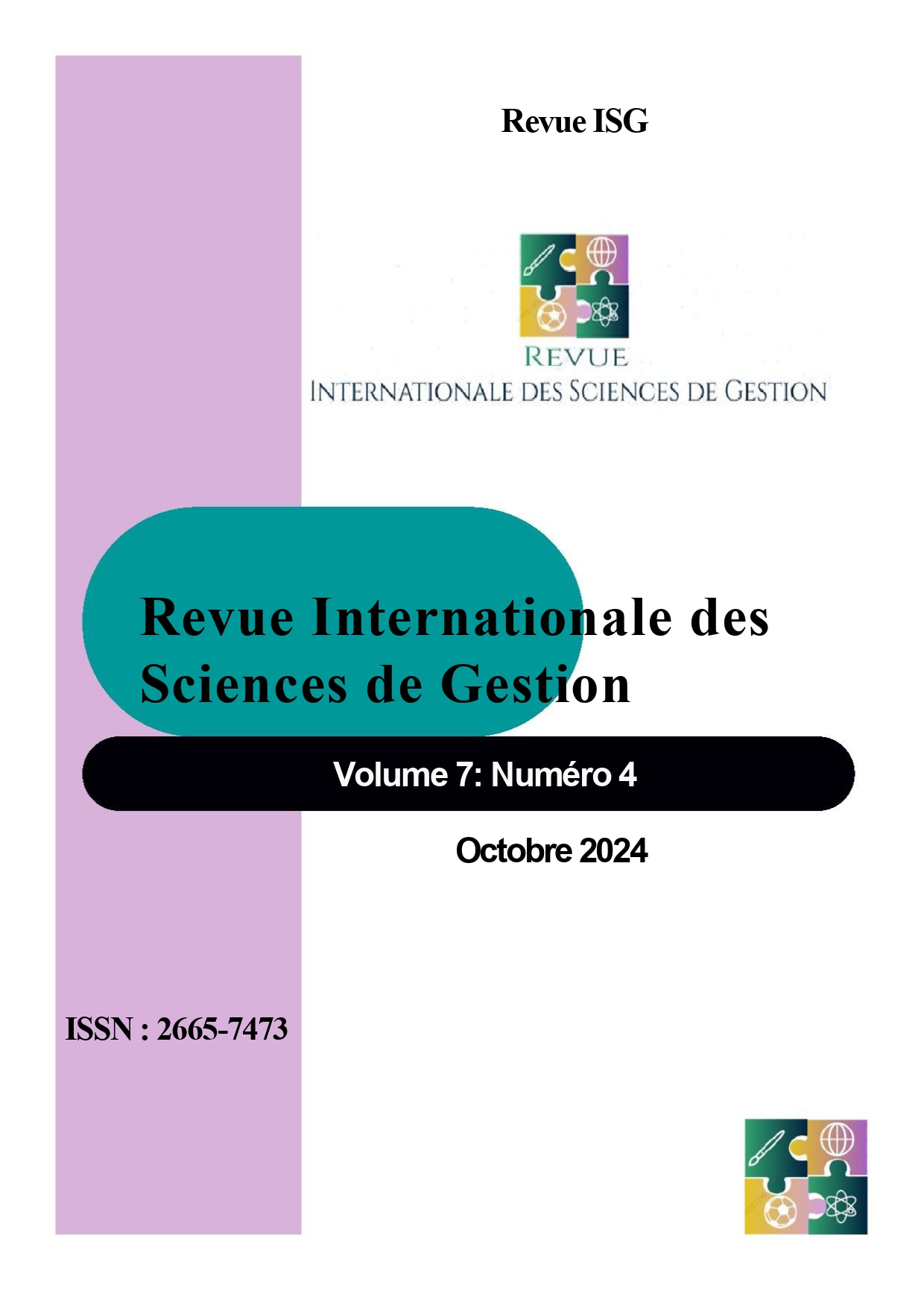Internal Audit practices in Public organizations: A crucial mechanism of governance
Keywords:
Internal audit, Public organization, Responsibility, Internal control, Information asymmetryAbstract
Public organizations play a crucial role in the economic and social development of countries, intervening in several areas and different sectors of activity. Due to the requirements of adaptation with today's requirements of the management evolution and governance mechanisms, thus, government guidelines intended for these organizations aim constantly to improve their governance, by integrating innovative approaches to public management and governance , that are drawing inspiration from management methods stemming from the private sector, which aims to optimize public expenses and satisfy the different stakeholders.
Internal auditing occupies a central place presenting one of the functions helping public organizations to achieve their objectives and constituting an essential governance mechanism.
In his context, the adoption of internal auditing is crucial in public organizations. The main objective of this article is to explore in depth the essential role of internal audit practices in the governance of public organizations, by emphasizing its contribution in terms of enhancing managers responsibility, improving internal control effectiveness and reducing information asymmetry within the public organizations.
Downloads
Downloads
Published
How to Cite
Issue
Section
License
Copyright (c) 2024 Khaoula LEBKHACHI , Abdeslam CHRAIBI

This work is licensed under a Creative Commons Attribution-NonCommercial 4.0 International License.


















